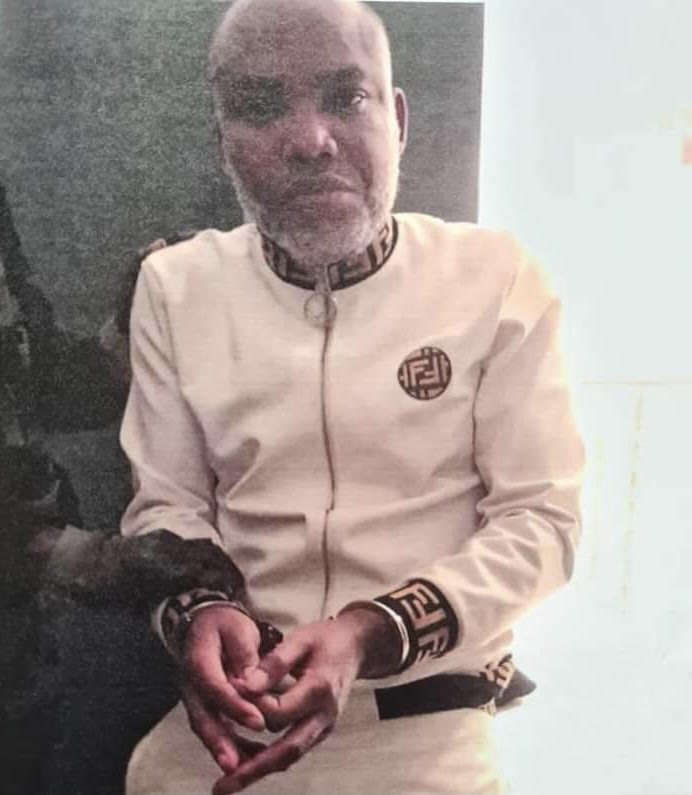There are no products in your shopping cart.
| 0 Items | £0.00 |


BRITAIN'S high commission to Nigeria has said it will engage the federal government over the recent arrest of Indigenous People of Biafra (Ipob) leader Nnamdi Kanu to ascertain the details of how he was apprehended.
Highly controversial, Mr Kanu has been campaigning for the recreation of the independent republic of Biafra which broke away from Nigeria between July 1967 and January 1970 during the civil war. His campaign, which has led to the phenomenal growth of Ipob, has set him at odds with the Nigerian government who him arrested and put on trial for treason.
While the case was still pending, Mr Kanu was granted bail in April 2017 on health grounds but skipped his bail after flouting the conditions given to him by the court and fled Nigeria. In November 2020, a federal high court in Abuja ruled that his trial could resume and five prosecution witnesses were called to testify against Mr Kanu.
In a dramatic development, however, on Tuesday this week, Mr Kanu was arrayed in court in Abuja the Nigerian capital with justice minister Abubakar Malami, revealing that he had been arrested abroad and deported. It was originally claimed that Mr Kanu was arrested in the UK but Dean Hurlock, a spokesman for the British high commission in Nigeria denied this and speculation about where the arrest took place has grown.
It has now emerged that Mr Kanu was arrested in Kenya by the local police who then handed him over to Nigerian security agents. Mr Hurlock, disclosed that the commission is in the process of seeking clarification from the federal government over the details of Mr Kanu’s arrest.
Mr Kanu, who has a British passport is entitled to British diplomatic support and Mr Hurlock has confirmed that the UK Foreign, Commonwealth and Development Office stands ready to provide consular assistance. Mr is facing trial for treason and given the determination with which the Nigerian government tracked him down, he could face the death penalty if convicted.